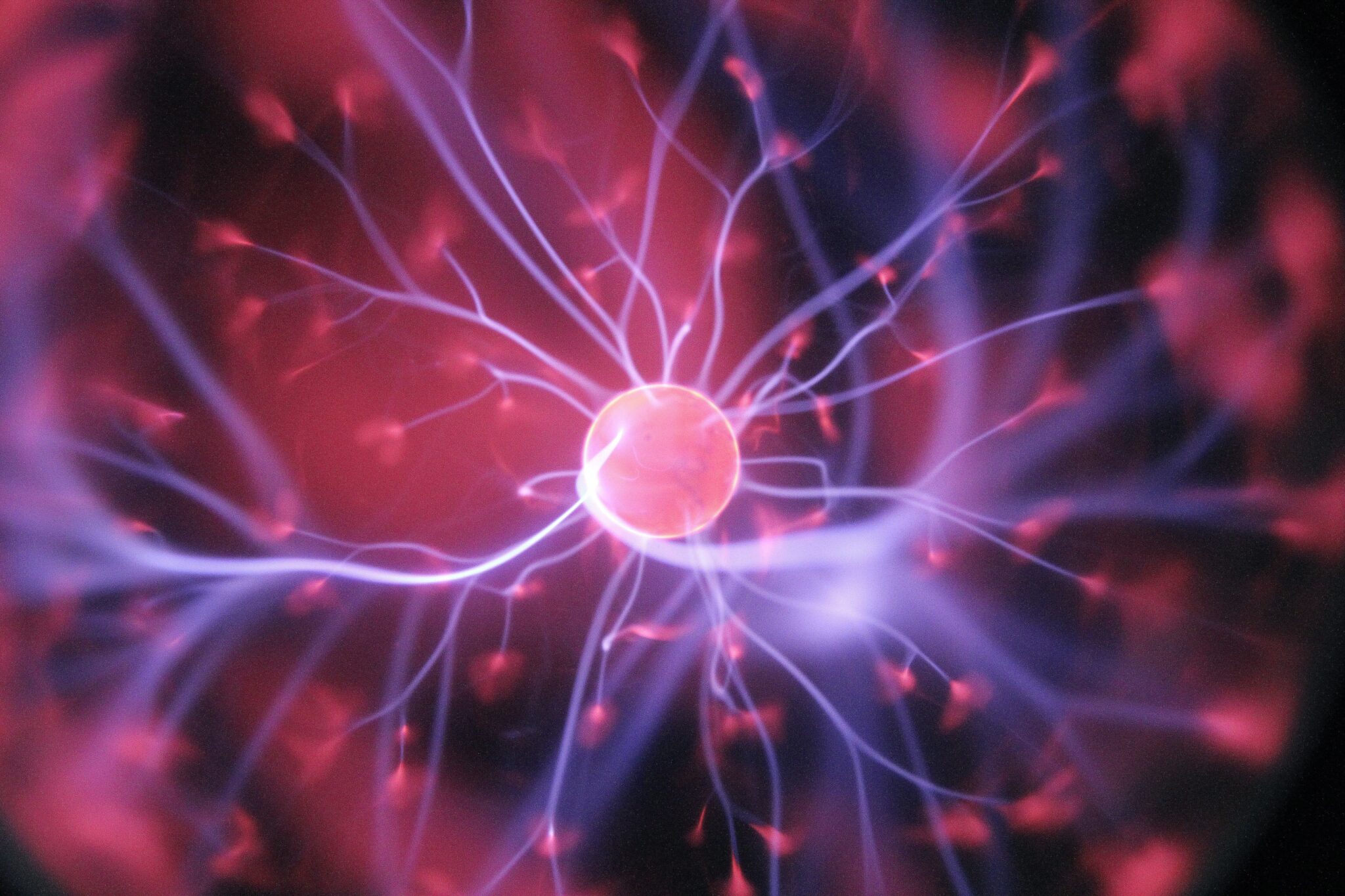What if you could unlock the mysteries of the world, one scientific discovery at a time? That’s what happens when you explore the fascinating world of science. From understanding how our universe works to learning about the origins of life, there’s always something new to learn. And whether you’re a student looking for enrichment or an adult interested in expanding your knowledge, science is a great way to do that. In this blog post, we will explore some of the amazing things that science has to offer—from space exploration to neuroscience. So read on and see just how fascinating the world of science can be!
What is science?
Science is the study of the natural world and its phenomena. It is a process that allows us to explore and understand the world around us through experimentation and observation. In science, we use our knowledge of the world to develop theories about it, and test these theories using empirical evidence. Science has enabled us to improve our quality of life by understanding diseases, developing new technologies, and creating products we use every day.
Science also plays a role in our understanding of the universe. We use science to explore space and find out how planets work, what happens when things collide, and how stars are formed. By understanding science, we can make better decisions about how to live our lives and protect Earth from future disasters.
The history of science
The history of science is a fascinating subject that covers many amazing things that you may never have known existed. It traces the development of our understanding of the natural world, and how this understanding has progressed over time.
One of the earliest forms of science was astronomy. The ancient Egyptians were some of the earliest people to develop a systematic understanding of the sky, and they developed elaborate theories about how it worked. Greek astronomers such as Ptolemy expanded on these ideas, and developed more accurate models of the universe.
In the Middle Ages, scientists began to develop theories about medicine and anatomy. They also began to explore new ways to treat diseases, and develop methods for conducting experiments. This period saw significant progress in scientific knowledge, and it laid the foundation for modern science.
Throughout the centuries, scientists have made important contributions to our understanding of the universe. They have helped us to develop technologies such as vaccines and antibiotics, and they have developed techniques for studying molecules and particles in detail. Science continues to develop at a rapid pace, and there are always new discoveries waiting to be made.
The nature of science
The nature of science is to explore the world in order to discover amazing things that you never knew existed. It is a field that deals with the workings of the universe and its various aspects, from the smallest particles to the largest structures. It can take many forms, from gathering data through experiments to developing new theories about how things work. In short, science is all about learning more about the world around us and trying to make sense of it.
One of the main goals of science is to understand how things work. This can be done through experimentation, observation and even deduction. For example, scientists often use experiments to learn how materials behave or how physical laws operate. They may also observe natural phenomena in order to better understand how they work or what caused them. Finally, they may deduce patterns or principles from observed data in order to develop theories about how things work.
Science is an ongoing process, with researchers constantly exploring new areas and trying to find answers to ever-more complex questions. It has played a crucial role in shaping our understanding of the world around us and has helped us improve our lives in countless ways.
How do scientists study the world around them?
Scientists study the world around them in an effort to learn more about the natural world, and to develop new technology and treatments. They use a variety of methods, including observation, experimentation, and data analysis. Here are some of the most fascinating ways scientists study the world around them:
Observation: One of the main ways scientists study the world around them is by observing what is happening. They use various tools, including cameras and telescopes, to take photos and videos of different objects and events. This allows them to collect data that can be used to make predictions or understanding about how things work.
Experimentation: Scientists also conduct experiments in order to learn more about how things work. This can involve creating new substances or procedures, or studying how different factors affect something specific. By studying how things behave in different situations, they can develop better methods for dealing with problems or solving puzzles.
Data analysis: Finally, scientists use data analysis to understand what they have observed. This involves grouping information together in order to make it easier to understand, sorting it by certain criteria, and making deductions from it. By doing this, they can build up a comprehensive picture of what is happening in the world around them.
What are the benefits of science?
Science has benefits that are both observable and intangible. Some tangible benefits of science include advances in technology, medicine, and farming. Inventions such as the light bulb, the computer, and the telephone were all made possible by advances in science. Science has also contributed to our understanding of the universe, which has led to further discoveries and advancements.
On a more intangible level, science helps us to better understand ourselves and our world. Through scientific research, we have learned about the chemical reactions that occur in our bodies and the behavior of atoms and molecules. This knowledge has allowed us to develop treatments for various illnesses and to create products that are safe and useful.
Science is a complex field with many branches and subfields, but its potential benefits are vast. Whether you’re interested in technology, medicine, exploration, or simply learning more about how the world works, science has something to offer you!
Conclusion
The world of science is full of amazing things that you may have never known existed. In this article, we explore some of the most fascinating areas of science and explain why they are so important. From space exploration to medical innovation, these fields strive to make life better for everyone and it is our responsibility as humans to learn about and appreciate all that they do. Thank you for reading!








